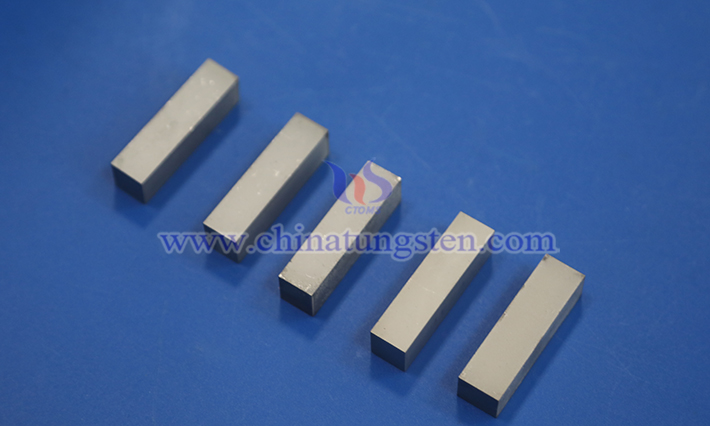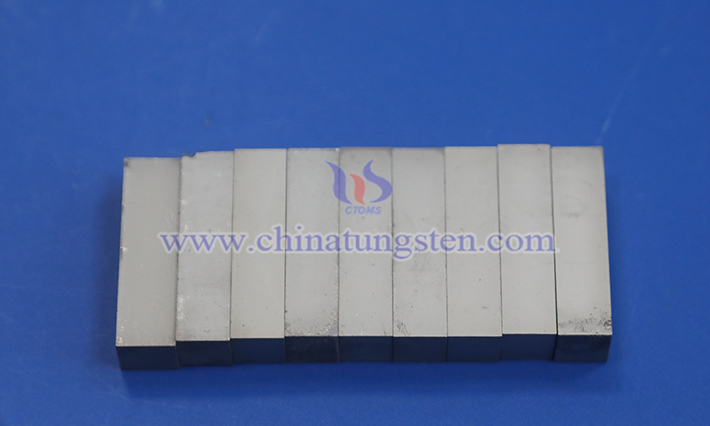Work Plan for Stabilizing Growth in Non-Ferrous Metal Industry Involves Tungsten and Rare Earth Sectors
- Details
- Category: Tungsten's News
- Published on Tuesday, 30 September 2025 17:18
On September 28, 2025, the Ministry of Industry and Information Technology and eight other departments issued a notice on the "Work Plan for Stabilizing Growth in the Non-Ferrous Metal Industry (2025–2026)" ("Work Plan"). The plan proposes that from 2025 to 2026, the added value of the non-ferrous metal industry will grow by approximately 5% annually, maintaining a positive economic trend. The output of ten major non-ferrous metals will increase by about 1.5% annually, with active progress in domestic resource development for copper, aluminum, lithium, and others. Recycled metal production will exceed 20 million tons, the supply capacity for high-end products will continuously strengthen, and green, low-carbon, and digital development levels will steadily improve. The "Work Plan" covers the tungsten and rare earth sectors.

The "Work Plan" emphasizes promoting innovation and development of high-end products. It focuses on the needs of key industrial chains such as next-generation information technology and new energy vehicles, pushing for breakthroughs in high-purity metals, copper alloy structural-functional integrated materials, precious metal functional materials, and high-end rare earth new materials, while enhancing the overall performance of aluminum alloy and magnesium alloy structural materials, cemented carbide, and related products.
The "Work Plan" highlights the role of standards in leading development. It calls for accelerating the development of new material standards for lightweight materials in high-end equipment, high-purity metals, and high-performance copper alloys, as well as quality management standards for copper, aluminum, and other key products, including quality traceability, grading, and control capabilities. It also proposes revising mandatory national standards for energy consumption limits per unit product in rare earth smelting and processing enterprises and actively participating in the formulation of international standards for lithium, rare earth, magnesium, and other industries.

The "Work Plan" aims to enhance the application level of rare metals. It focuses on emerging industries such as integrated circuits, industrial mother machines, low-altitude economy, humanoid robots, and artificial intelligence, accelerating the application validation of high-purity gallium, tungsten cemented carbide, all-solid-state battery materials, and other high-end products, while promoting innovative applications of frontier materials like superconducting materials, liquid metals, and high-entropy alloys.
The "Work Plan" proposes stabilizing the foreign trade foundation. It calls for accelerating the formulation of import standards for recycled metals such as tungsten, and supporting the import of recycled resources like recycled copper, recycled aluminum, post-sputtering metal targets, and battery black powder that meet requirements.
- Chinatungsten Online: www.chinatungsten.com
- CTIA GROUP LTD: en.ctia.group
- Tungsten News & Price: www.ctia.com.cn
- Molybdenum News & Price: news.molybdenum.com.cn
- Tel.: 86 592 5129696; Email: sales@chinatungsten.com